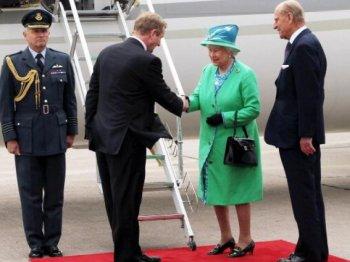Government ‘Too Close’ to Drinks Industry, Warn Health Experts
The government is too close to the alcohol industry whose profits rely on people risking their health, an article in The Lancet claims.

National Health Service sensible drinking limits are: No more than 21 units of alcohol per week for adult males; no more than 14 per week for adult females. Bourbon or whiskey at 40% volume in a 25 ml measure is counted as one unit. Epoch Times
|Updated:




